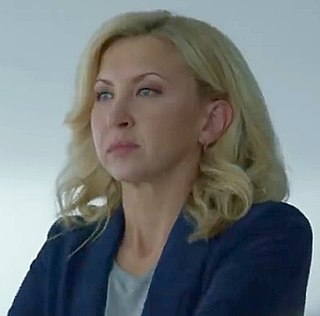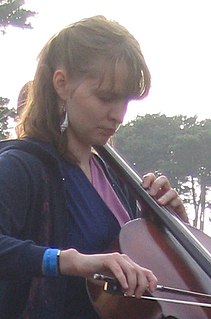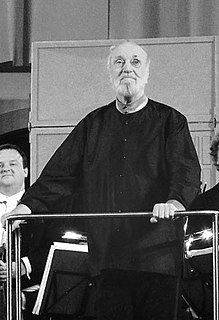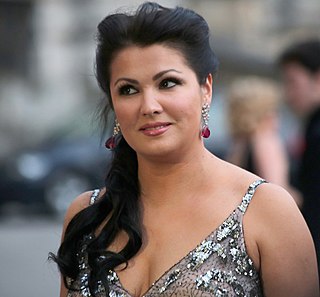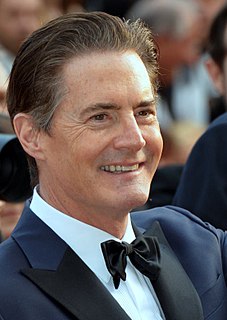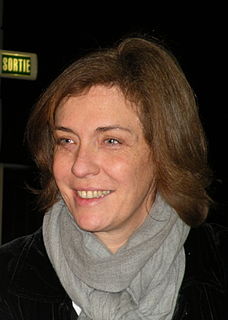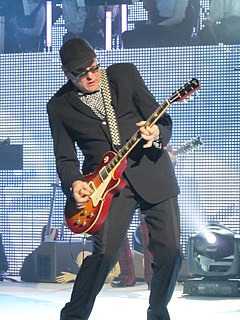A Quote by Nina Arianda
I had a year at 3 when I wanted to be a conductor in the opera.
Related Quotes
There's a kind of a line between music and math, so I guess I got the music gene, thank goodness. But my mother wasn't too thrilled. She wanted me to go to university and get a degree or do something, and my father, he liked opera so he wasn't too thrilled either, because he wanted me to be an opera singer and I didn't have - as he said, I don't really have the strength to do that.
Under the Barack Obama rules, if you wanted to help the military, if you wanted a pay raise for the soldiers, if you wanted to buy new airplanes and new ships and more munitions, a dollar for that, you had to have a dollar domestic spending. We just broke that parity. That's the biggest victory we could have had: $25 billion year over year for our military, to begin to rebuild our military, without that kind of corresponding increase in domestic discretionary spending.
